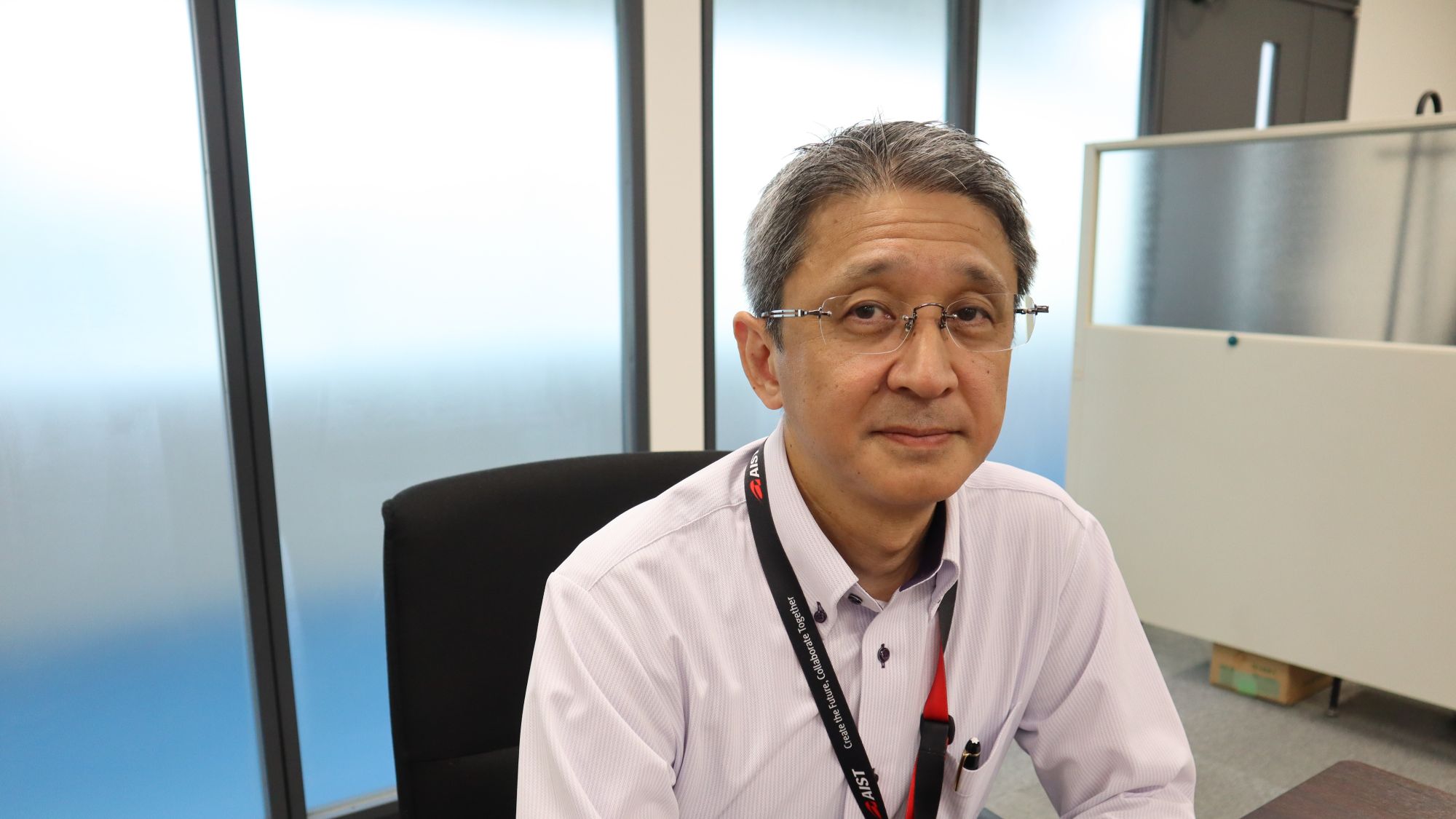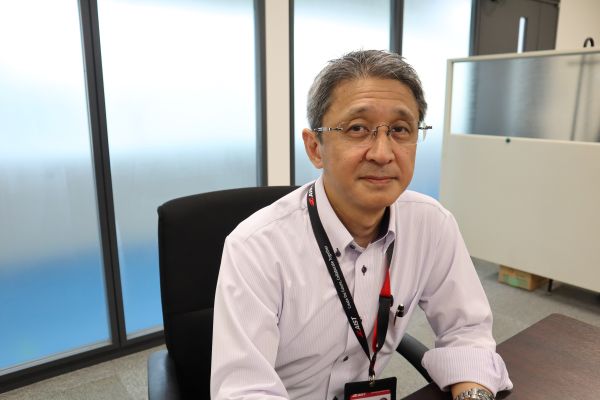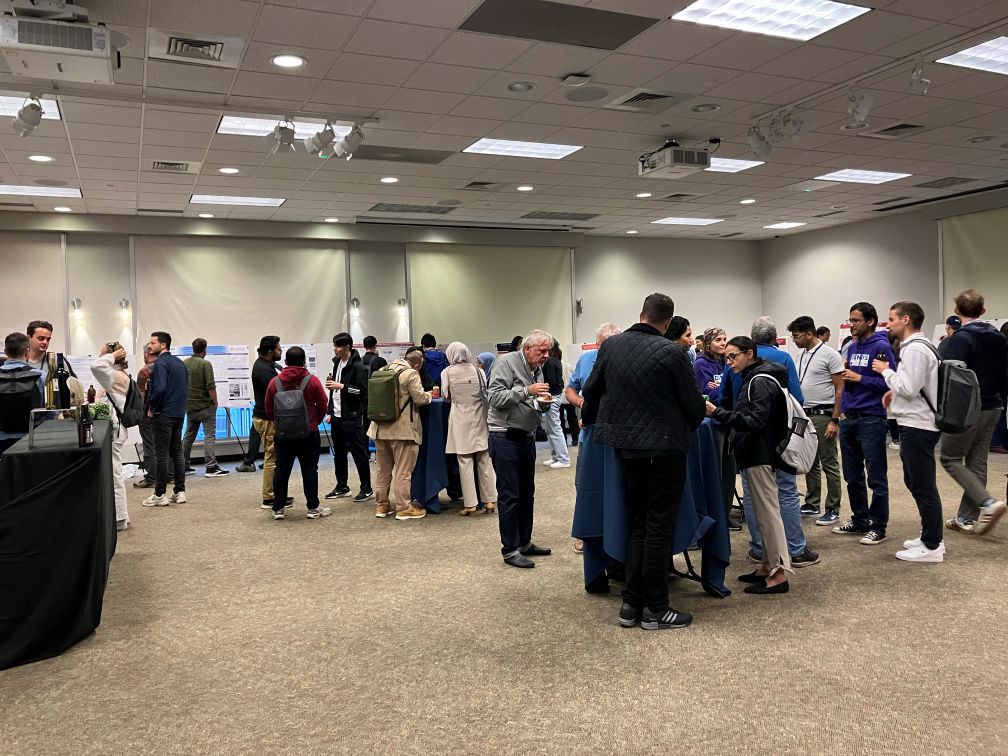-
About
-
Outcomes
-
Conference
-
Events

Japan’s National Institute of Advanced Industrial Science and Technology (AIST) has managed the RD20 initiative since its inception in 2019. As one of the largest public research organizations in Japan, AIST focuses on the creation and practical realization of technologies useful to Japanese industry and society and on bridging the gap between innovative technological seeds and commercialization.
In April, AIST kicked off its 6th Medium-to-Long-Term Plan. Drawing on the objectives of its predecessor, the plan’s chief goals remain solving social problems and strengthening the competitiveness of Japanese industry, according to AIST Department of Energy and Environment Director General Koichi Matsuoka.

In April, AIST established seven integrated research centers for the purpose of developing innovative solutions to social problems. Broadly speaking, these centers are focused on three specific social problems: managing energy, environment and resource constraints; coping with a declining and aging populations; and realizing a resilient society.
Regarding energy issues in particular, says Matsuoka, the RD20 initiative provides a framework for Japan and other participating countries and regions to develop clean energy-related technologies that have social applications. Under this framework, leading research organizations can exchange ideas about research issues and collaborate on development efforts.
The annual RD20 conference provides one venue for such exchanges, with this year’s event slated to be held in Japan from September 30 to October 3 in Tsukuba, Ibaraki Prefecture, and online. However, Matsuoka points out, the conference with its associated workshops is not the only means of bringing participating institutions together. Task forces have also been put together to focus on specific technologies and addressing specific topics as a means for exchanging ideas and information.
Currently, two task forces are operating through the RD20 initiative. The first task force is Advanced Characterization of Photovoltaic (PV) Devices. This group’s aim is to develop new devices and technologies that can further expand the use of solar power. According to Matsuoka, participating institutions aside from AIST include the U.S. National Renewable Energy Laboratory (NREL), the Fraunhofer Institute for Solar Energy Systems (Fraunhofer ISE) from Germany, and the European Solar Test Installation reference laboratory (ESTI). The collaboration process entails sharing a sample among the participants with each conducting their own measurements and experiments and then verifying the global consistency of PV performance characterization techniques. This sharing of results took place last September, says Matsuoka, and work is underway on preparing jointly authored papers for publication in scholarly journals.
The second group is the Hydrogen Life Cycle and Sustainability Analysis Task Force. The focus here is on methods for creating and supplying hydrogen, which is an essential clean energy source, says Matsuoka. This task force’s members have already published three papers on the results of its research, he says.
Aside from the conference and task forces, the RD20 Summer School was created in 2023 to follow through on one of the recommendations contained in the 2019 RD20 Leaders Statement. The aim of these events is to bring early career researchers together with senior leaders and keynote speakers to learn, discuss and network with the goal of future collaboration on the research and development work needed to achieve the clean-energy transformation.

The first of these Summer Schools was held in July 2023 in France, and the second took place the following July in Indonesia. This year, the event moved to Colorado in the U.S. Hosted by the NREL, the Summer School was attended by 82 early career and senior researchers. The theme of this year’s event was “Energy Tech to Market Sprint Agenda.” Participants were given a list of problem statements to choose from and then divided into 11 groups to highlight the issues involved, discuss possible technological solutions, consider the impact on the ecosystem and so forth. The statements for consideration included “Aging Grid Infrastructure Threatens Continuity of Service,” “Urgent Power Needs for New Industrial Installations,” and “Carbon Capture Remains Too Expensive for Widespread Adoption,” among others.
Aside from the group work, participants also heard talks on topics including a global overview of the energy transition, bioenergy, carbon capture utilization and storage, and other matters. At the end of the program, a group of senior researchers sat as judges to select the best three presentations of technological solutions from the group’s work.
For Matsuoka, events such as these are perhaps among the most valuable results to be obtained not merely through the RD20 framework, but in general. Such experiences, he says, are useful for researchers no matter where they are in their career. Recalling his own, he says, “I have spent time doing research in the U.S., Australia and Spain. What you learn when interacting with people from other countries is that you each have different value systems, and different research approaches and methods. You each have different ways of learning about things. I think exposure to this is crucial for the development and advancement of research.”
Beyond its role as the managing force behind the RD20 initiative, AIST is of course active with its own clean energy efforts. It actively promotes green innovation and is engaged with collaborators — including through RD20 — on projects of varying scale.
Among the collaborative efforts in this area that AIST is pursuing is one with Kanadevia Corporation (formerly Hitachi Zosen). The focus of this collaboration is to synthesize “green liquid petroleum gas” by bringing “green hydrogen” derived from renewable energy sources such as solar and wind power generation and carbon dioxide emitted from factories into contact with a catalyst the two partners have developed.
AIST has also been working with Shimizu Corporation, a leading player in the construction business, on developing hydrogen-based energy systems for buildings. This work, says Matsuoka, entails using a metal hydride in hydrogen storage systems for greater efficiency. The systems store hydrogen derived from renewable energy in metal hydrides and supply hydrogen to fuel cells at appropriate times to provide electricity to buildings, thereby reducing carbon dioxide emissions.
Through such efforts and through the RD20 initiative, says Matsuoka, AIST aims not only to strengthen Japanese industry, but also to solve social issues, such as securing energy while coping with environmental and resource constraints. “As I was a member of the secretariat when RD20 was launched, I am happy to be actively involved, and I feel a strong sense of responsibility that we do our utmost to ensure the success of RD20.”